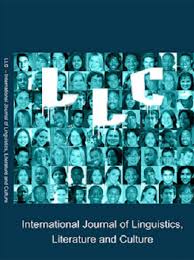Infidelity as a Predictor of Jealousy in Mexican Couples
Infidelity as a Predictor of Jealousy in Mexican Couples
Author(s): Angelica R. PalenciaSubject(s): Social Sciences, Language and Literature Studies, Theology and Religion
Published by: European Scientific Institute
Keywords: Jealousy; infidelity; couple; attribution; sexuality
Summary/Abstract: Suspicion of infidelity in couples elicits jealousy in men and women (Bendixen, Kennair & Buss, 2015; Buss, 2014; Buss & Abrams, 2017). It is also known that, in many people, a reaction to a partner’s infidelity consists of intense and aggressive jealousy (Buss, 2000; Shakelford, LeBlanc & Drass, 2000; Wilson & Daly, 1992). However, there is scant literature on the subject of infidelity itself. In other words, there are no relevant data on whether actual infidelity, and even the urge to commit infidelity, evoke jealousy toward one’s partner. Therefore, the aim of this study was to determine whether unfaithful behavior, the motives imputed to infidelity, the concept of infidelity, and the consequences associated with it are predictors of jealousy in men and women involved in couple relationships in Mexico. We applied the Multidimensional Infidelity Inventory and the Jealousy Scale to 302 adult volunteers in couple relationships in central Mexico. Multiple regression in stages found that infidelity is a reliable predicter for jealousy, more in men than in women. The working hypothesis was proved. The results are discussed from the theory of attribution
Journal: International Journal of Linguistics, Literature and Culture
- Issue Year: 4/2017
- Issue No: 3
- Page Range: 160-170
- Page Count: 10
- Language: English

